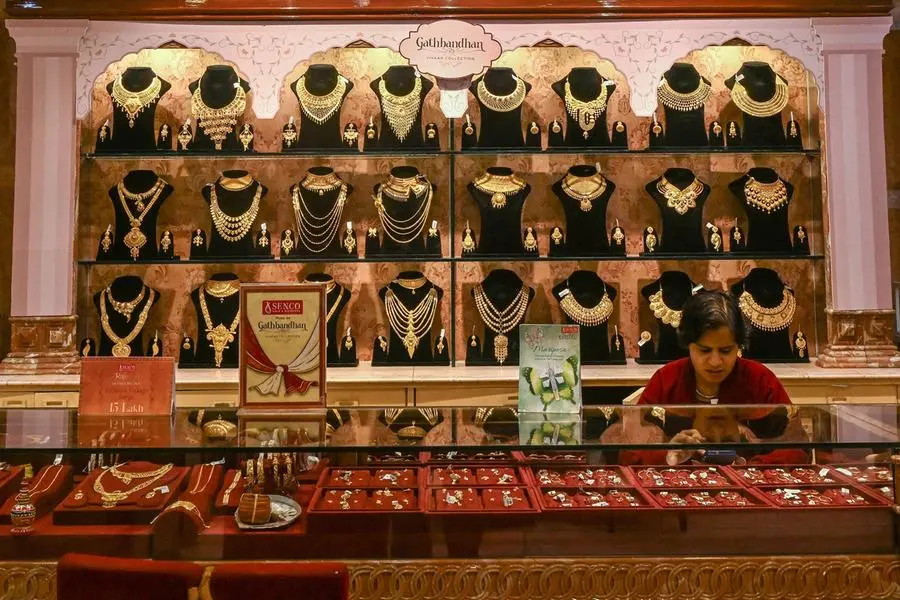PHOTO
MUSCAT: Gold traders and jewellers in the Sultanate of Oman have expressed cautious optimism about a potential surge in gold purchases by Indian expatriates following the Indian government’s decision to reduce customs duties on gold and silver from 15 percent to 6 percent.
Local traders believe that this reduction will encourage expatriates to buy more gold, given the prevailing perception that gold purchased from Gulf countries is of higher quality.
A gold trader on Ruwi High Street remarked, “Even with the reduced import duty, gold will still be nearly 5 percent cheaper in Oman compared to India. This reduction in import duty makes gold and jewelry purchases in Oman even more attractive.”
Shamlal Ahamed, Managing Director for International Operations at Malabar Gold & Diamonds, highlighted the strategic benefits of the policy.
He said, “The 2024 Union Budget has several welcome provisions, particularly the reduction in import duties on gold, which is expected to curb illegal gold imports and benefit organised jewelry retailers.
“This policy will foster a more regulated and thriving jewellery market, inducing economic benefits for consumers and the market, thereby strengthening financial growth and stability. Moreover, the budget’s comprehensive approach promises to enhance our economic trajectory, promoting sustainable growth and prosperity nationwide.”
A top official of Lakhoos Exchange, one of the leading exchange houses dealing in bullion and forex, said: “It is definitely a better idea to buy gold from Oman and take it to India following the reduction in duty. People will still prefer to buy and take gold from Gulf country and the reduction in duty is a welcome step.”
Another wholesale trader in Muscat noted, “Gold prices in Oman and the Gulf region will remain relatively cheaper than in India, even after the reduction in import duty.”
“Indian expatriates and tourists from India prefer Muscat for their gold jewellery purchases due to the belief in the metal’s purity and the diverse collection of jewellery designs available here.”
A senior official at a leading exchange house dealing in the bullion market said: “The implementation of the latest budget decisions needs to be observed, but we expect an increase in gold purchases due to the significant cut in customs duty from 15 percent to 6 percent. Despite fluctuating prices, people will likely continue buying gold from the Middle East due to unmatched quality and variety of options available.”
Mohammed S., a sales manager at a gold jewellery store, added, “While the reduction in import duty will likely make gold cheaper in India, it remains more attractive to buy gold in Oman due to the extensive range of options available here.”
However, Rafiq Hussain, a trader in Muttrah, expressed a note of caution.
He said, “The reduction in import duty is a significant step in curbing illegal gold imports to India. It’s premature to predict the full impact on business among the Gulf gold traders. Customers will benefit from legally sourced gold prices, leading to greater market growth for organised jewellery retailers in India. This move is expected to boost the Indian economy by creating a more transparent and efficient jewellery sector.”
While there is optimism among traders and jewellers, many are adopting a wait-and-watch approach to fully understand the implications of the reduced import duties.
The gold market in Oman remains poised for potential growth, with traders and jewellers cautiously hopeful for increased demand and sustained interest from Indian expatriates and tourists.
© Muscat Media Group Provided by SyndiGate Media Inc. (Syndigate.info).





















